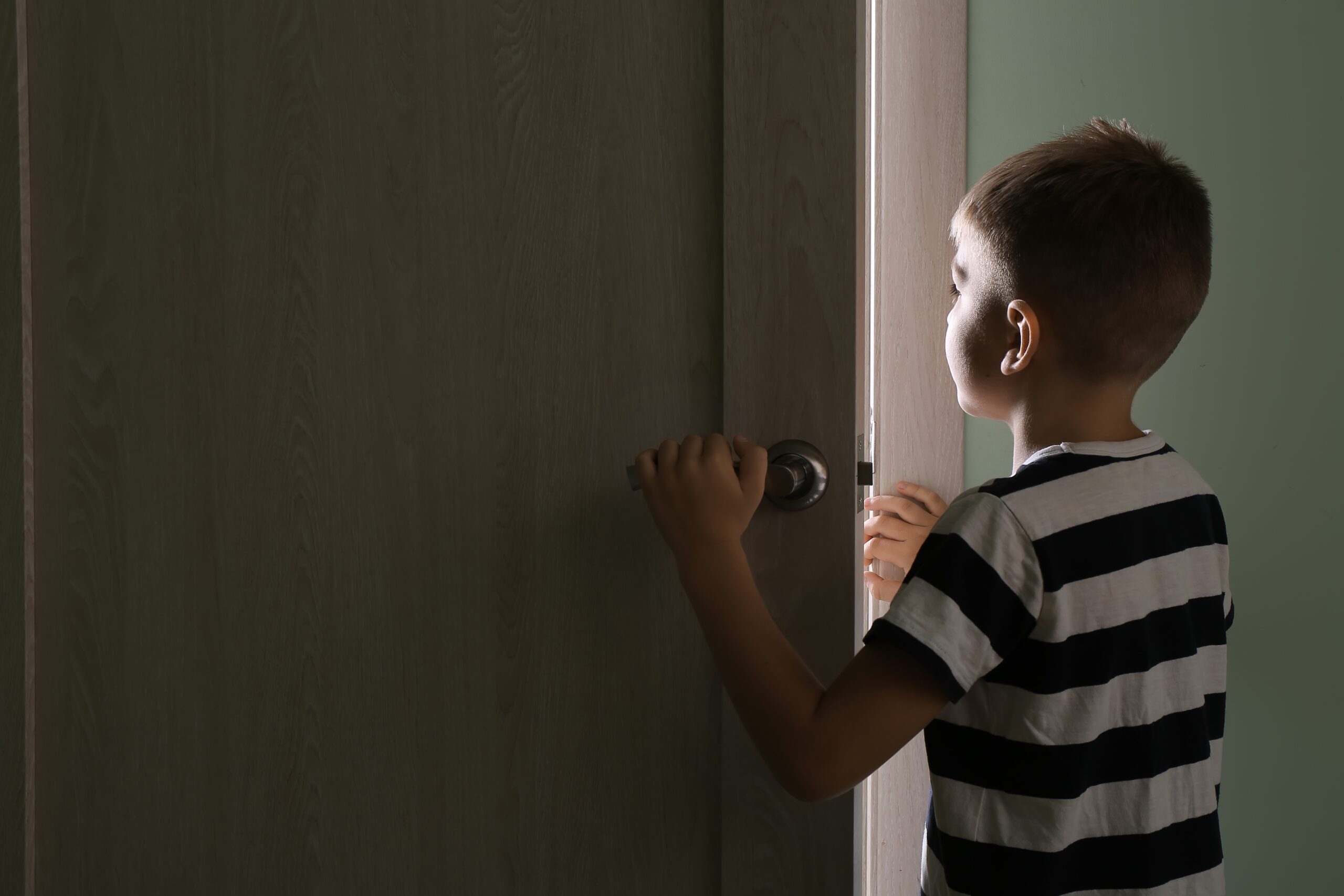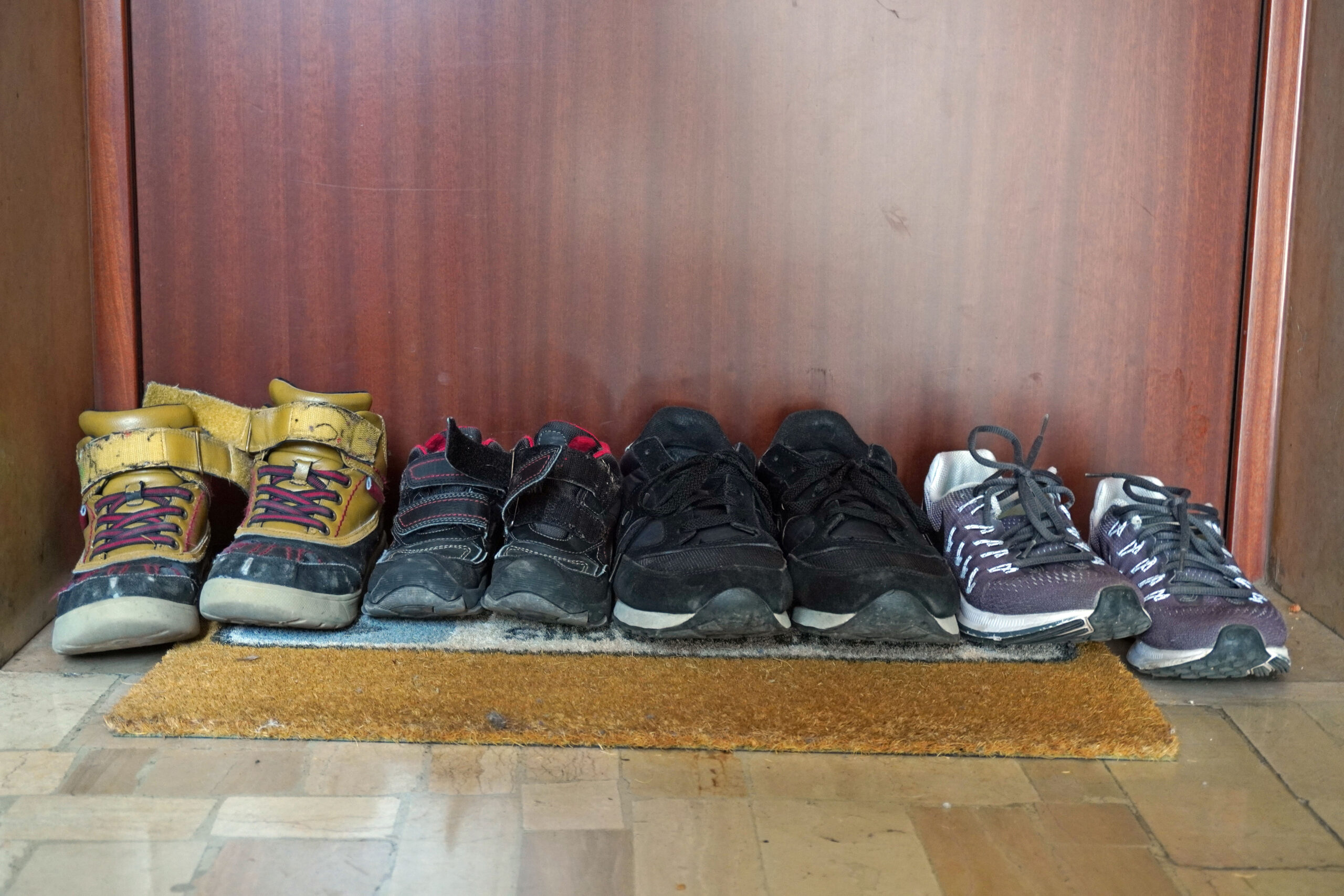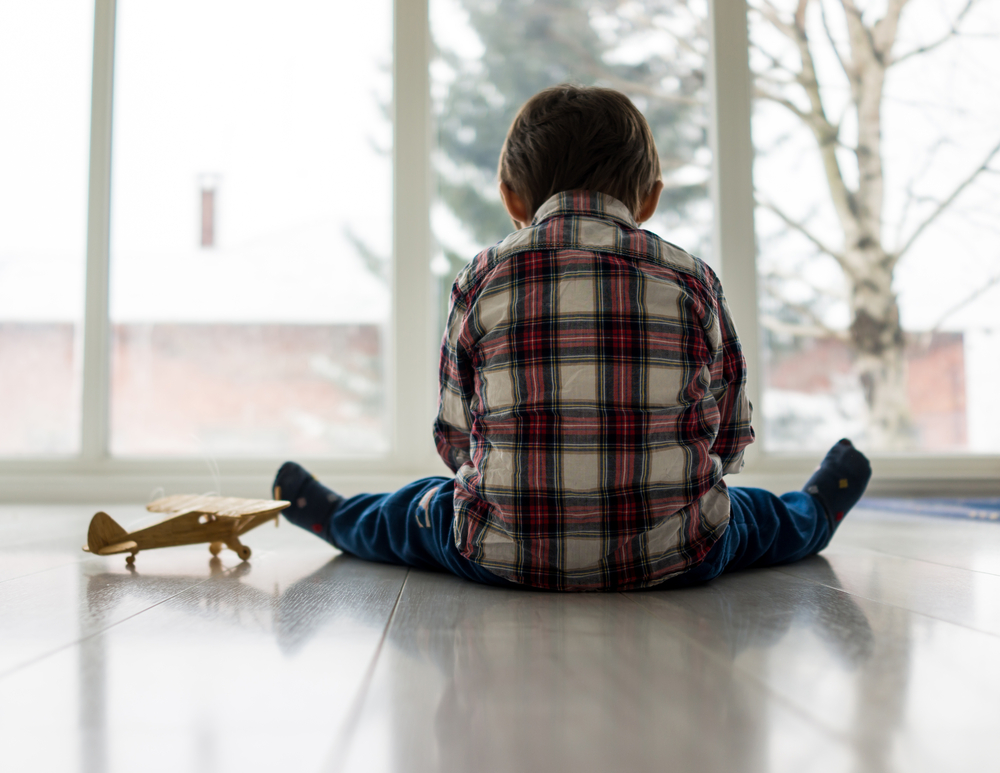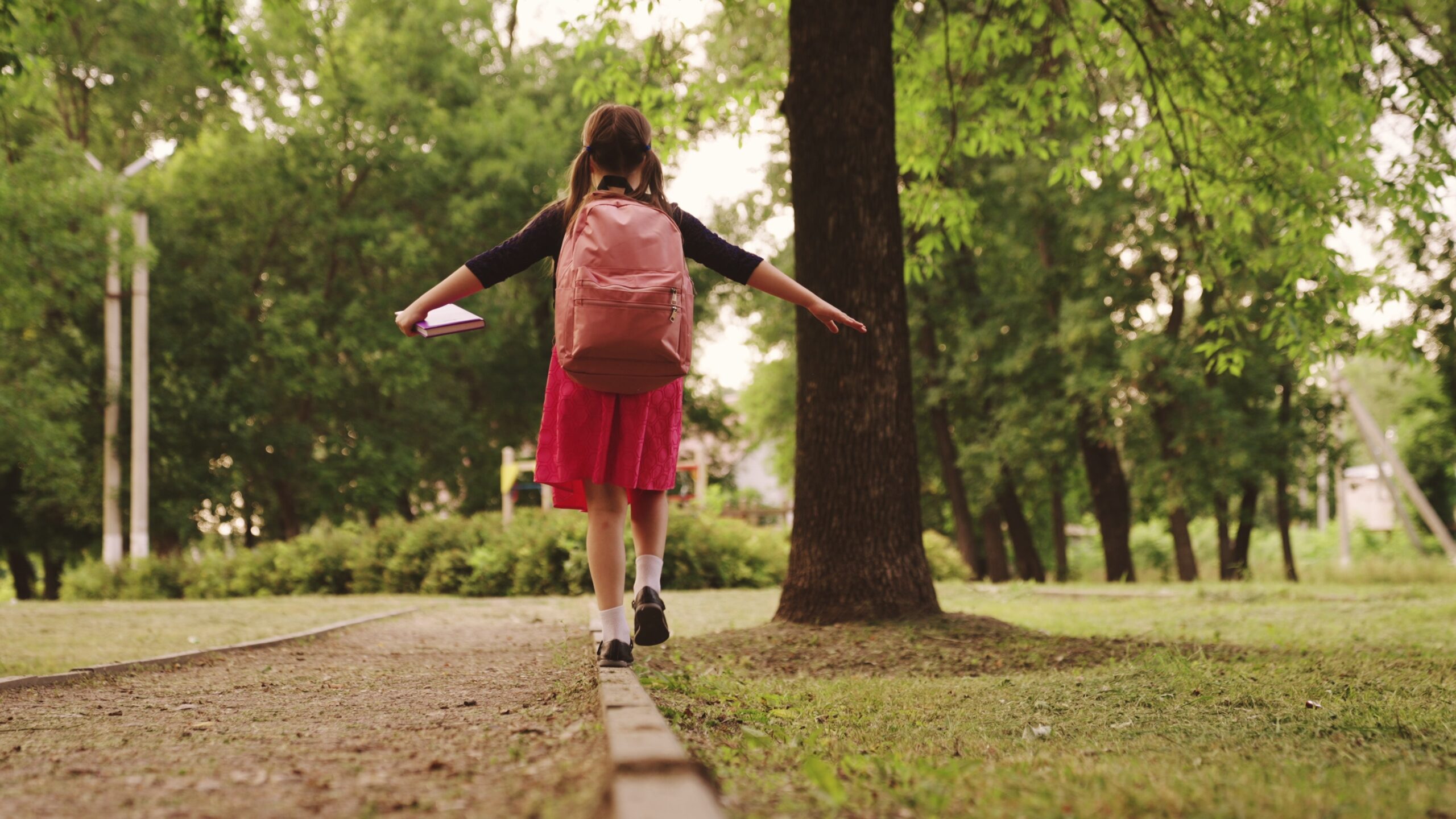Remember those times when your parents told you “Things were different back in my day”? Well, they weren’t kidding. Back in the 1970s, households ran on rules that would make today’s kids’ jaws drop. We’re talking about the kind of rules where you couldn’t even open the fridge without asking permission first. Think your parents are strict? Wait until you see what kids had to deal with back then.
1. “No Refrigerator Access Without Permission”

Children were strictly forbidden from opening the refrigerator or freezer without explicit adult permission, even if they were genuinely hungry. This rule was enforced through various means, from physical locks on refrigerators to elaborate systems of demerits for unauthorized access. Parents believed unrestricted food access would lead to spoiled appetites and wasted groceries, treating the refrigerator as if it contained priceless artifacts rather than everyday food items. Many families had designated “snack times” when children could request refrigerator access, and these times were rigid. Breaking this rule often resulted in lost snack privileges for extended periods.
2. “No Calling Parents by Their First Names”

Using a parent’s first name was considered a serious offense in most 1970s households, often resulting in immediate punishment regardless of the context or situation. Children who accidentally used a parent’s first name, even when quoting someone else, faced consequences ranging from mouth-washing with soap to loss of privileges. This rule extended to how children referred to their parents when talking to others, with strict enforcement of “my mother” or “my father” rather than parental first names. The rule was so ingrained that many kids didn’t even know their parents’ first names until they saw them written on mail or documents. Most families viewed first-name usage as a sign of disrespect so severe that even teenagers weren’t exempt from this rule.
3. “No Phone Calls Between 5-7 PM”

The dinner hour window was considered absolutely sacred in 1970s households, with zero tolerance for phone interruptions during this time. Children were strictly forbidden from answering the phone during these hours, and making calls was completely out of the question—even for homework help or emergencies that wouldn’t today be considered actual emergencies. The rule extended to all family members, creating a mandatory period of uninterrupted family time that many parents believed was crucial for proper child development and family bonding. Breaking this rule often resulted in severe consequences, including loss of phone privileges for days or even weeks. Most families had this rule written on a sheet of paper next to their single household phone, often along with other “phone rules” that seem bizarre by today’s standards.
4. “Children Must Be Outside Between School and Dinner”

Indoor access was strictly forbidden between the hours of 3 PM and dinner time unless there was severe weather or illness—and “severe” weather meant actual tornadoes, not just rain or cold. Parents would literally lock their doors during these hours, forcing children to embrace outdoor play regardless of their preferences or energy levels. The rule was based on the common belief that fresh air and unstructured outdoor play were non-negotiable requirements for healthy child development, with many parents citing their own upbringing as evidence. Bathroom breaks were allowed but timed, with many parents setting actual egg timers to ensure kids weren’t trying to sneak in extra indoor time. Children caught trying to circumvent this rule often faced additional outdoor time as punishment, creating a cycle that today’s parents would find shocking.
5. “No Leaving the Table Without Complete Plate Cleaning”

The clean plate rule was enforced with an iron fist in most 1970s households, requiring children to eat every single item on their plate regardless of fullness or food preferences. Parents would keep children seated at the table for hours after dinner ended, refusing to let them leave until every bite was consumed—even if the food had grown cold and unpalatable. This rule was often accompanied by guilt-inducing lectures about starving children in other countries, creating an unhealthy relationship with food that many adults still struggle with today. Getting caught trying to feed unwanted food to the family dog or hiding it in napkins could result in those same items appearing on your plate at breakfast the next morning. The only acceptable excuse for not finishing your plate was actual illness, and even then, parents often suspected children of faking symptoms to avoid eating.
6. “No Answering the Door Under Any Circumstances”

Children in the 70s were strictly forbidden from opening the front door, even if they knew who was knocking or could see their best friend through the window. This rule remained in effect whether parents were home or not, and many children would actually hide when someone knocked if their parents weren’t around to answer. The consequences for breaking this rule were severe, as parents viewed door-answering as an exclusively adult responsibility that could lead to dangerous situations. Some families even had specific protocols for what children should do when someone knocked, including detailed instructions about staying quiet and pretending no one was home. Many kids grew up thinking door-knocking was inherently dangerous because of how seriously this rule was enforced.
7. “No Getting Up Before Saturday Morning Cartoons”

Weekend mornings had strict rules about when children were allowed to wake their parents, with most families requiring absolute silence until cartoon programming began on television. Children caught making noise before the designated wake-up time would lose their cartoon privileges for the entire morning—a punishment considered particularly harsh in an era with no streaming or on-demand viewing. Parents enforced this rule by removing TV privileges, making kids sit silently in their rooms, or assigning extra chores to early risers. The rule created a generation of kids who could tell time by TV programming schedules and learned to entertain themselves silently for hours. Many families even had specific noise level charts posted in children’s bedrooms, indicating exactly what activities were allowed during these early morning hours.
8. “No Shoes Inside—Ever”

The no-shoes rule was enforced with religious fervor, requiring immediate removal even during emergency bathroom runs or quick grab-and-go situations. Children caught wearing shoes inside faced punishments ranging from floor-scrubbing duty to losing outdoor privileges entirely. The rule applied equally to all footwear, including new shoes that had never touched outdoor surfaces. Many families had elaborate systems of indoor and outdoor footwear, with specific rules about where each type could be worn. Breaking this rule was considered such a serious offense that some kids developed anxiety about footwear that persisted into adulthood.
9. “No Sitting on ‘Good’ Furniture”

Many homes maintained specific furniture that was strictly off-limits to children, covered in plastic, and reserved for hypothetical future visitors. Kids caught sitting on the “good” couch or chairs faced immediate consequences, regardless of whether there were guests present or not. The rule often extended to entire rooms of the house, creating forbidden zones within their own homes that children could only enter with special permission. Breaking this rule was considered a major offense, often resulting in loss of privileges far beyond just furniture access. Many adults today still feel uncomfortable sitting on formal furniture because of how deeply this rule was ingrained.
10. “No Reading at the Table”

Books, comics, and any other reading materials were strictly forbidden during meals, even if someone was eating alone. Parents enforced this rule believing that reading during meals was both unhealthy and antisocial, often confiscating materials that made their way to the table. Children caught trying to sneak reads during meals might lose both reading and meal privileges. The rule was particularly challenging for avid readers, who often tried to memorize pages to mentally review during long family dinners. Many families extended this rule to include any form of entertainment during meals, creating dining experiences that felt more like endurance tests.
11. “No Speaking Unless Spoken To”

This Victorian-era rule survived well into the 1970s, requiring children to remain silent unless directly addressed by an adult. The rule was particularly strict when guests were present or during adult conversations, with children expected to be essentially invisible until acknowledged. Breaking this rule often resulted in being sent from the room or facing more serious punishments for repeated violations. Many families had elaborate systems of non-verbal communication that children used to request permission to speak. This rule was so deeply ingrained that some adults still struggle with speaking up in professional settings.
12. “No Using the Front Door”

Most 1970s families had strict rules about which doors children were allowed to use, with the front door being exclusively reserved for adult guests and formal occasions. Children were required to use side or back doors regardless of weather conditions or what they were carrying. Breaking this rule was seen as presumptuous and disrespectful, often resulting in lost privileges or additional chores. The rule extended to friends and neighborhood kids, who quickly learned which entrance to use when visiting. Some families even kept their front doors locked from the inside to prevent accidental usage by children.
13. “No TV During Daylight Hours”

Television viewing was strictly prohibited while the sun was up, with most families enforcing this rule year-round regardless of weather or circumstances. Parents would actually cover or unplug TVs during daytime hours, believing that watching television during daylight was a sign of laziness and poor character. Breaking this rule often resulted in losing TV privileges for an entire week, and repeat offenders might find their TV time restricted for months. Children caught trying to sneak TV time during the day were often assigned additional chores or outdoor activities as punishment. Even during school holidays or sick days, this rule remained firmly in place, creating a generation that associated daytime TV with illness or severe weather warnings.
14. “No Homework Until Chores Are Complete”

Homework was considered secondary to household responsibilities, with many families requiring full completion of chores before any schoolwork could begin. This rule remained in effect even during exam periods or when major projects were due, creating situations that would horrify today’s education-focused parents. Children were expected to maintain this priority system regardless of academic consequences, often leading to late nights completing homework after lengthy chore lists. The rule was typically enforced through the removal of study materials until chores were completed to satisfaction. Many kids developed elaborate systems to hide their homework progress to avoid additional chores being added to their lists.



